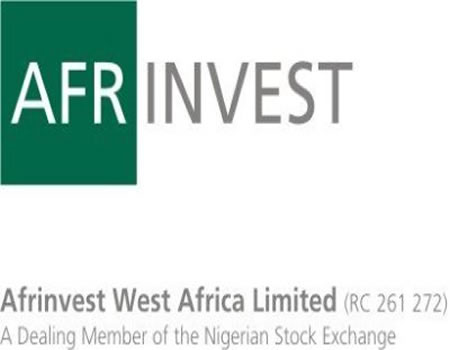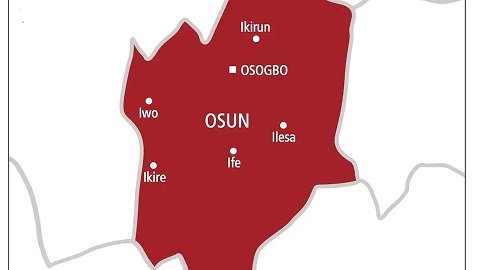[ad_1]
The 2022 Afrinvest Banking Sector Report has shown that commercial banks recorded a modest improvement in all regulatory indicators despite daunting economic challenges.
The report, presented by Deputy Group Managing Director, Afrinvest West Africa, Mr Victor Ndukauba, showed that the banks beat all the prudential guideline limits set by the Central Bank of Nigeria, showing resilience and strength during the year.
Its presentation was made at the launch of the 17th edition of the Nigerian Banking Sector Report and the unveiling of Optimus, Afrinvest’s digital investment app, recently in Lagos.
The occasion also marked the announcement of Afrinvest’s new subsidiaries and expansion of its leadership team as well as the unveiling of Afrinvest’s refreshed logo(brand identity).
The report’s assessment of CBN’s financial stability indicators showed that Industry Liquidity(Liquidity Ratio) and Non-Performing Loan ratios both improved by 130 basis points(up) and 75bps(down), respectively, to 42.6 per cent and 4.95 per cent.
Although the Capital Adequacy Ratio(CAR: 14.1 per cent) underperformed the June 2021 level by 140bps, all the indicators beat the prudential guideline limits of 30 per cent(LR), five per cent(NPLs), and 13.0 per cent(CAR), respectively, despite myriads of challenges in the business environment.
The report said the improvement is expected to be sustained over the coming years.
It explained that the fiscal challenges presented by weak Federal Government earnings have contributed to the muddling of monetary policy and strong use of Cash Reserve Ratio debits as a subtle strategy, in our view, to compensate for the inflationary effect of ballooned overdraft to the government.
It insists that in increasing its developmental financing role, especially in agriculture financing, the CBN risks crowding out banks and private sector financing, which is more effective in de-risking the sector and incentivising growth without moral hazards.
“Importantly, the weak economic growth has robbed banks of the dividend of large and youthful demographics. Over the last 10 years to 2021, real Gross Domestic Product has grown by a compound annual growth rate (CAGR) of 1.9 per cent compared to 2.3 per cent CAGR for the population.
In line with the decline in income level, poverty has risen to 40.1 per cent based on national standards of an annual real per capita expenditure threshold of N137,430.
”For banks, this reality means that upscaling would be less efficient than in an economy where growth exceeds population expansion. Not surprising, Nigeria’s financial depth is weak as is for countries with high fertility rates and a fragile economic base.,” it said
To turn the tide, the BSR recommended that critical reforms be undertaken as matter of urgency to avoid a repeat of the negative trends seen in the last decade.
“Some other measures advised include the tapering of fiscal deficit financing – credit to the government – to check money supply expansion, alignment of rates across windows and the adoption of market reflective forex rate via the crawling peg regime. We believe that the outcome for banks in the coming decade would rely on the policy actions taken today to address the issues raised,” it said.
On exchange rate management, the report said CBN’s strategy (differentiated rates across market segments and capital control) failed the litmus test over the reviewed period, as anticipated in the 2021 report.
It said the value of the Naira depreciated further by 5.6 per cent and 23.2 per cent to N436.50/$1.00 and N712.00$1.00 (on 19/09/2022) at the NAFEX window and parallel market, respectively. It stated that near-term improvement in the exchange rate is not in sight, given forex supply constraints due to the self-inflicted injuries in Nigeria’s oil & gas sector (the largest source of FX accretion).
ALSO READ FROM NIGERIAN TRIBUNE
[ad_2]








